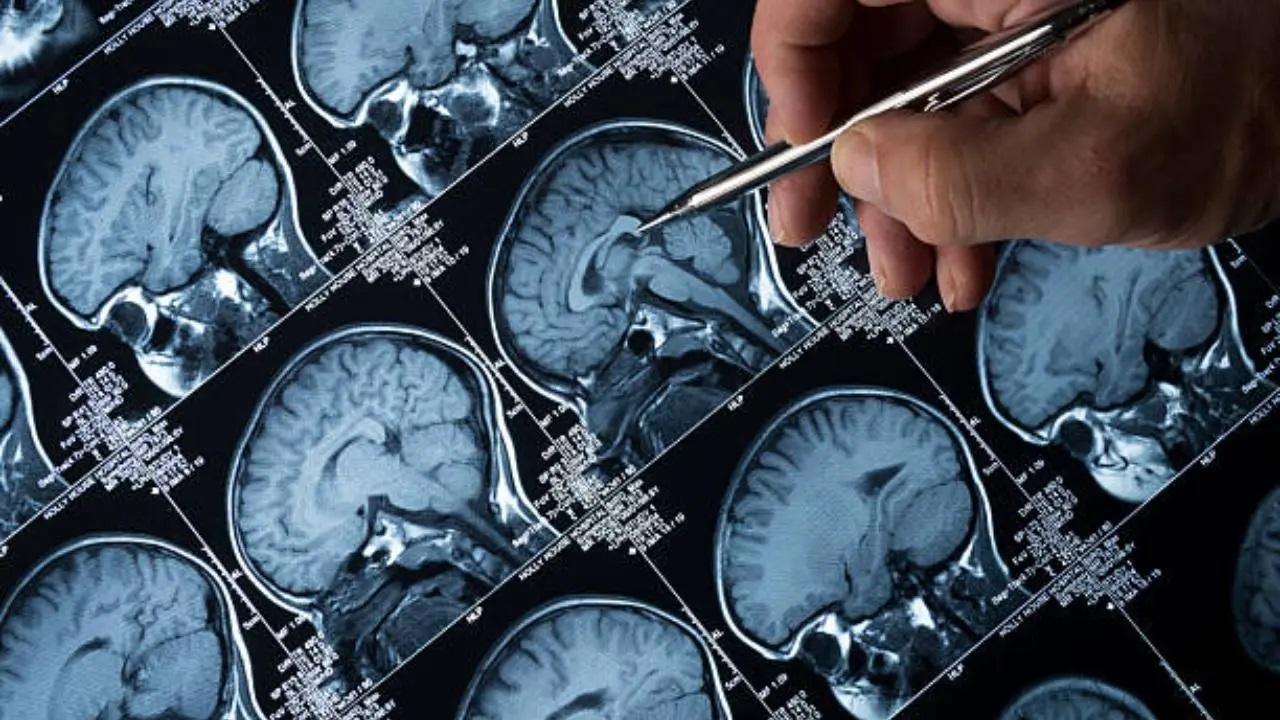Brain infections can be of several types like viral, bacterial, tubercular, fungal, or protozoal. The most common symptoms of brain infections include fever, headache, vomiting, seizures, and altered consciousness

Image for representational purpose only. Photo Courtesy: istock
Children and the elderly living in coastal and rice belt regions of India are highly vulnerable for viral encephalitis and other brain infections during monsoon, said a neurologist at Amrita Hospital, Faridabad..
ADVERTISEMENT
The experts cited high humidity and increased mosquito breeding behind the increased risk.
A brain infection, also known as encephalitis, occurs when the brain experiences severe inflammation. It causes damage to brain tissues, potentially causing a range of neurological symptoms.
“Brain infections can be of several types like viral, bacterial, tubercular, fungal, or protozoal. The most common symptoms of brain infections include fever, headache, vomiting, seizures, and altered consciousness,” said Dr Sanjay Pandey, HoD, Neurology and Stroke Medicine at Amrita Hospital, Faridabad.
He stated that the weaker immune systems in children and senior citizens make them more prone to such infections.
Brain infections, which are relatively rare in developed countries, remain a significant public health issue in South Asian nations like India.
The incidence of brain infections spikes during the monsoon season due to favourable conditions for mosquito breeding, which are vectors for several viral infections such as dengue and Japanese encephalitis.
A recent study published in the Lancet Global Health showed that coastal regions such as Karnataka and Orissa, as well as Assam and Tripura, and rice belts like Bihar and Uttar Pradesh, are endemic zones for viral encephalitis in India.
Dr Pandey advised parents to be vigilant for “symptoms such as rashes and loss of consciousness in their children during this season”.
Early intervention is crucial, he said, noting that “if not treated timely, viral encephalitis can pave the way for parkinsonism, dystonia, and tremor”.
Preventing mosquito breeding and protecting against mosquito bites are essential steps, the doctor said.
On treatments, the doctor said it depends on the type and cause of the infection. While bacterial infections are typically treated with antibiotics, viral infections like Japanese encephalitis and dengue require antiviral drugs. A prolonged course of anti-tuberculosis drugs is needed to treat a tubercular brain infection.
“Fungal infections are treated with antifungal medications. Supportive care, including anti-seizure drugs, corticosteroids to reduce inflammation, and hospitalisation, is often necessary,” Dr Pandey said. He added that advanced cas es might require intensive care and surgical interventions.
This story has been sourced from a third party syndicated feed, agencies. Mid-day accepts no responsibility or liability for its dependability, trustworthiness, reliability and data of the text. Mid-day management/mid-day.com reserves the sole right to alter, delete or remove (without notice) the content in its absolute discretion for any reason whatsoever.
 Subscribe today by clicking the link and stay updated with the latest news!" Click here!
Subscribe today by clicking the link and stay updated with the latest news!" Click here!







